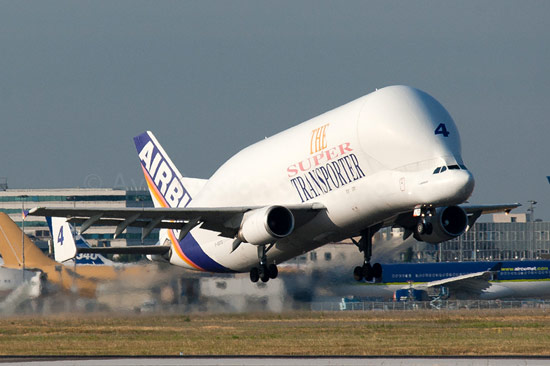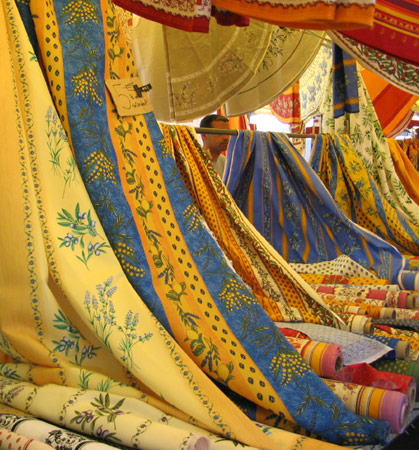Country Snapshot: Business Overview
Deeply committed to a capitalist economy, the French government has partially or fully privatized many of the large banks and companies that had been under government ownership in the past. The country boasts a highly diversified economy and has strong industrial, agricultural, and services sectors.
Powered by a vibrant service sector, the country’s aerospace sector has been a magnet for foreign direct investment. The nation is also the most visited nation in the world and as such has one of the world's largest tourist economies. France was able to sustain a healthy pace of economic growth, in spite of the 2008-2009 global downturn, by relying on healthy levels domestic spending and its public sector. Despite this, France struggles with a stagnant GDP and efforts to bring the nation’s budget deficit under the euro-zone ceiling.
Major Industries
France invests heavily in its machinery, chemicals, automobiles, metallurgy, aircraft, and electronics industrial sectors. The manufacture of textiles and clothing underpin France’s vibrant fashion industry. The country’s service sector accounts for nearly 80 percent of GDP and revolves around financial and real estate activities, tourism and transportation. Tourism is a major industry, with Paris and the French countryside among the world’s most popular tourist attractions.
Trade Overview
Most of the nation’s industrial exports go to Germany at 16 percent, followed by Belgium, Italy, Spain, the UK, the US, and the Netherlands. France’s agricultural exports notwithstanding, it is the country’s industrial output--including machinery and transportation equipment, aircraft, plastics, chemicals, pharmaceutical products, and iron and steel--that makes up the bulk of its exports.
France acquires most of its imports from Germany at 19 percent, followed by Belgium, and to a lesser extent from Italy, the Netherlands, Spain, the UK, and China. The nation imports primarily industrial goods—machinery and equipment, vehicles, crude oil, aircraft, plastics, and chemicals.
Foreign Investment
France attracts foreign investment from countries all around the world. Key foreign direct investment (FDI) sectors include chemicals, machinery and equipment, and aerospace. FDI does not come under generalized screening, although investment in some sensitive sectors such as public health, defense, agriculture, aircraft production, air transport, audiovisuals, insurance, and maritime transport is subject to government approval. Foreign investors have also been known to encounter negative attitudes when doing business in the country.
Transparency (Rule of Law)
France ranks 22nd out of 177 countries in the Transparency International Corruption Index, giving France a moderate to low ranking. Although corruption has been observed, France enforces the Organization for Economic Cooperation and Development (OECD) Anti-Bribery Convention. Contractual agreements are enforced in the country, and the courts are professional. Intellectual property rights are recognized and protected.
Regulatory Environment (Ease of Doing Business)
Rigid regulations governing the labor market, while ostensibly aimed at protecting workers, have had the effect of limiting business competitiveness and leading to social unrest. Nevertheless starting a business in the country is relatively easy. According to the World Bank, doing so takes about 7 days, requires 5 procedures, and costs about one percent of per capita income. On a global scale, France ranks 38th out of 189 countries in terms of ease of starting a business according to the World Bank.
Article written for World Trade Press by Randall Frost.
Copyright © 1993—2025 World Trade Press. All rights reserved.

 France
France 


